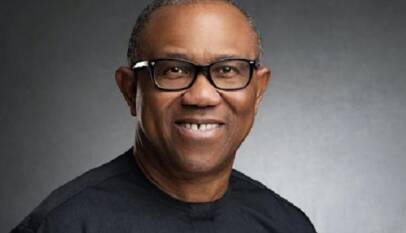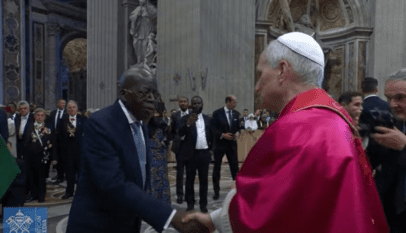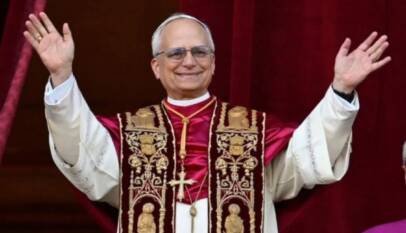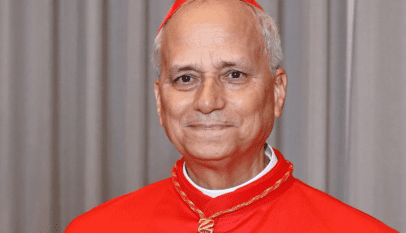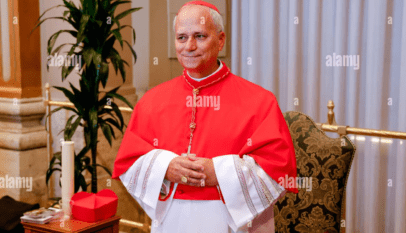The beloved Pope Francis had many distinct qualities and attributes that defined his leadership and character and examples of how his actions, reflect his unique approach to the papacy and his lasting impact on both the Catholic Church and the wider world.
His leadership is characterized by humility, compassion, and a deep commitment to justice, peace, and reform.
- Humility: Pope Francis is widely recognized for his humble lifestyle. He opted for a simpler lifestyle compared to previous popes, living in a modest guesthouse rather than the papal apartments and using public transportation.
Pope Francis chose not to live in the Apostolic Palace (the traditional papal residence) but instead opted for a simple room in the Domus Sanctae Marthae (a Vatican guesthouse). He also famously washed the feet of prisoners during Holy Thursday Mass in 2013, breaking from tradition to demonstrate humility and solidarity with marginalized individuals. - Advocate for the Poor: He has consistently focused on the poor, emphasizing social justice, equality, and the need for the church to be closer to the marginalized and the disenfranchised in society.
In his 2013 apostolic exhortation Evangelii Gaudium, Pope Francis wrote about the “economy of exclusion” and called for greater attention to the poor. He also created a special commission within the Vatican to address issues of poverty, and he has frequently spoken out against economic inequality. - Environmental Stewardship: With his encyclical Laudato si’, Pope Francis brought significant attention to the issue of environmental conservation, climate change, and the moral responsibility humanity holds toward the planet.
In 2015, Pope Francis released the encyclical Laudato si’, urging people to care for the Earth and combat climate change. He emphasized the moral obligation to protect the environment, especially for the sake of the poor and future generations. The pope also attended the 2015 Paris Climate Agreement discussions, encouraging world leaders to take action. - Interfaith Dialogue: Pope Francis is a strong proponent of interreligious dialogue, promoting peace, understanding, and cooperation between different faith traditions, including with Muslims, Jews, and other religious groups.
Pope Francis made a historic visit to the United Arab Emirates in 2019, where he signed a document on human fraternity for world peace and living together with the Grand Imam of Al-Azhar. This gesture demonstrated his commitment to interreligious dialogue and cooperation between Christians and Muslims. - Reformist Agenda
He has sought to reform aspects of the Catholic Church, particularly addressing issues such as sexual abuse scandals, the church’s relationship with women, and the structure of the Vatican bureaucracy.
Pope Francis has initiated reforms within the Vatican’s financial institutions. In 2014, he created the Secretariat for the Economy to oversee and reform the Vatican’s financial activities, aiming for greater transparency and accountability. Additionally, he has taken steps to address the clerical sexual abuse crisis, including the creation of new protocols for handling abuse cases. - Focus on Mercy: The Year of Mercy (2015-2016) was a significant event during his papacy. He stressed the importance of mercy, forgiveness, and compassion in the life of the Church, urging Catholics to reflect Christ’s mercy in their daily lives.
During the Jubilee of Mercy (2015-2016), Pope Francis emphasized God’s mercy over judgment. He opened Holy Doors in cathedrals around the world as symbols of God’s mercy, and he made special provisions for those seeking reconciliation, encouraging Catholics to seek forgiveness and be merciful toward others. - Global Outreach: Pope Francis has made many international trips, focusing on visiting countries and regions that are often neglected by previous papacies. His visits are often aimed at promoting peace and encouraging interfaith dialogue and understanding.
Pope Francis made a historic visit to Cuba in 2015, helping to facilitate diplomatic relations between the U.S. and Cuba. His outreach is also evident in his 2019 visit to Japan, where he addressed the victims of the atomic bombings of Hiroshima and Nagasaki, calling for a nuclear-free world. - Pragmatic and Pastoral Approach: Unlike some of his predecessors, Pope Francis is often seen as pragmatic and focused on pastoral care rather than strict adherence to doctrine. He is known for his focus on the practical realities of people’s lives, especially in times of crisis.
In his 2016 apostolic exhortation Amoris Laetitia, Pope Francis offered a more pastoral approach to the issues of divorce and remarriage, encouraging compassion and discernment in the pastoral care of people, particularly regarding communion for divorced and remarried Catholics, which was a departure from previous teachings on the matter. - Rejection of Materialism: Throughout his papacy, Pope Francis has critiqued consumerism and the culture of materialism, urging people to find joy and fulfillment in spiritual and communal values rather than wealth and possessions.
Pope Francis has consistently rejected materialism. One prominent example is when he declined the luxurious papal car and instead chose a simple, used Fiat 500. He also often emphasizes the dangers of consumerism in his speeches and encourages people to focus on spiritual values rather than accumulating wealth. - Call for Church Reform: Pope Francis has advocated for a church that is less centered on hierarchy and more focused on community and inclusivity. He has called for more participation by laypeople, greater representation of women, and a reimagining of the church’s role in modern society.
In his call for greater church reform, Pope Francis established the Synod on the Family in 2014, which was a gathering that included laypeople, bishops, and priests. He has also called for more significant roles for women in the church, including establishing commissions to study the possibility of female deacons and expanding the role of women in leadership positions within the Vatican.


